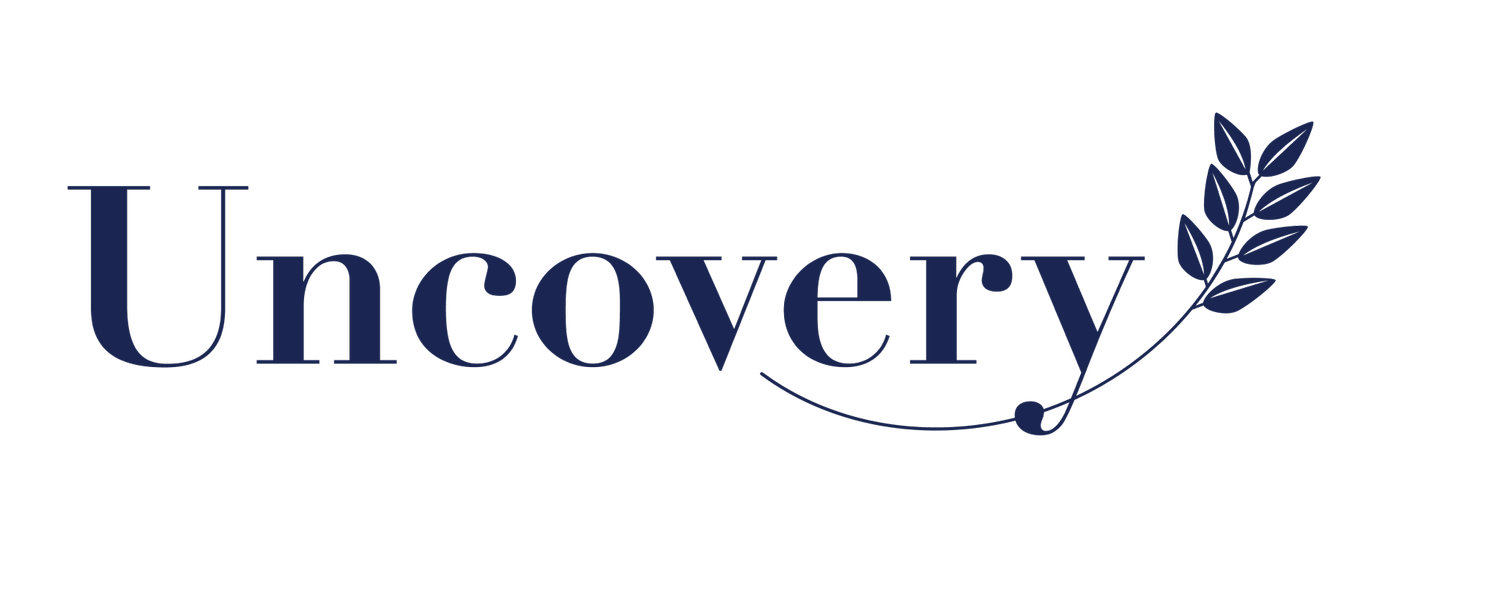
Our approach
At Uncovery, our approach is deeply rooted in Carolyn Costin's 8 Keys to Recovery from an Eating Disorder.
The 8 keys provide a structured and evidence-based framework that addresses the complex and individualised nature of eating disorders. They empower individuals, promote resilience, and encompass essential elements necessary for lasting recovery, making them invaluable tools in the journey towards healing.
Embodying these principles, our clients receive tailored support, evidence-based strategies, and unwavering encouragement on their challenging journey towards a healthy, balanced life free from disordered eating.
Our philosophy
The 8 Keys to Recovery from an Eating Disorder:
Work with each person’s motivation, patience and hope
Strengthen the person’s healthy self, so it can heal the eating disorder self
It’s not about the food. Eating disorders arise from a combination of risk factors
Help clients feel their feelings, but challenge their thoughts
Nutritional rehabilitation and stabilisation of eating patterns
Help clients change behaviours, not just the major eating disorder behaviours but other recovery-sabotaging behaviours
Help clients reach out to people rather than their eating disorder
Finding meaning and purpose
What is recovery coaching?
Recovery coaches form an essential part of treatment, accompanying clients in everyday situations like meals, shopping, and events. They focus on the practical "how" of getting well rather than delving into the "why" of the eating disorder. As a crucial aspect of the treatment team, they act as a binding agent between all members.
One unique aspect is that coaches serve as role models for living a recovered life, reinforcing the belief in full recovery. They draw from various modalities like the 8 Keys to Recovery from an Eating Disorder, Acceptance and Commitment Therapy, and mindfulness practices to provide effective support.
As an adjunct to traditional treatment, recovery coaches offer services clinicians may not provide, such as meal support, grocery shopping assistance, and text support between coaching sessions. They facilitate growth, behaviour change, and the development of essential skills for daily living, contributing to a full and lasting recovery.
Eating disorder recovery coaches help clients achieve treatment goals in real-life situations, offering support, appropriate challenges, and guidance. They play a vital role in helping clients navigate everyday situations without relying on eating disorder behaviours.
The difference between a therapist and recovery coach
Therapists
Can diagnose eating disorders.
Can ‘treat’ eating disorders.
Can treat other mental health concerns.
Deals with underlying issues and helps clients explore WHY they developed an eating disorder.
Therapy sessions tend to always take place in an office/clinic setting (or via Telehealth).
Therapists tend to be responsible for carrying out the client’s overall treatment plan and setting treatment goals.
If the therapist has lived experience, they may or may not disclose this to the client.
Therapists are generally not available between sessions.
Recovery Coaches
Cannot diagnose eating disorders.
Cannot ‘treat’ eating disorders. Coaches support and offer guidance through the recovery process. Sessions with a coach may often feel similar to ‘therapy’ sessions but tend to be more informal and goal orientated.
Clients can discuss other mental health concerns with their coach, however, the coach will refer them to a therapist to address/treat these issues if necessary.
Deals only with the here and now. Clients are welcome to discuss underlying issues with their coach, however, the coach will refer them to a therapist to address/treat these issues if necessary.
Coaching sessions can take place in a variety of settings in addition to office/clinic setting – e.g. at the client’s home, school, restaurants/cafes, supermarkets, clothes shops, parks etc.
Coaches help clients accomplish treatment goals that are usually set by the therapist/other treatment team members.
Coaches with lived experience (fully recovered) will disclose this and are trained how to best use their experience to assist clients.
Coaches offer text/email support – meaning clients can reach out to their coach for support between sessions.



